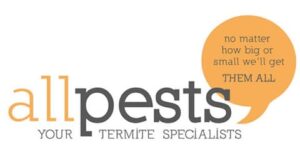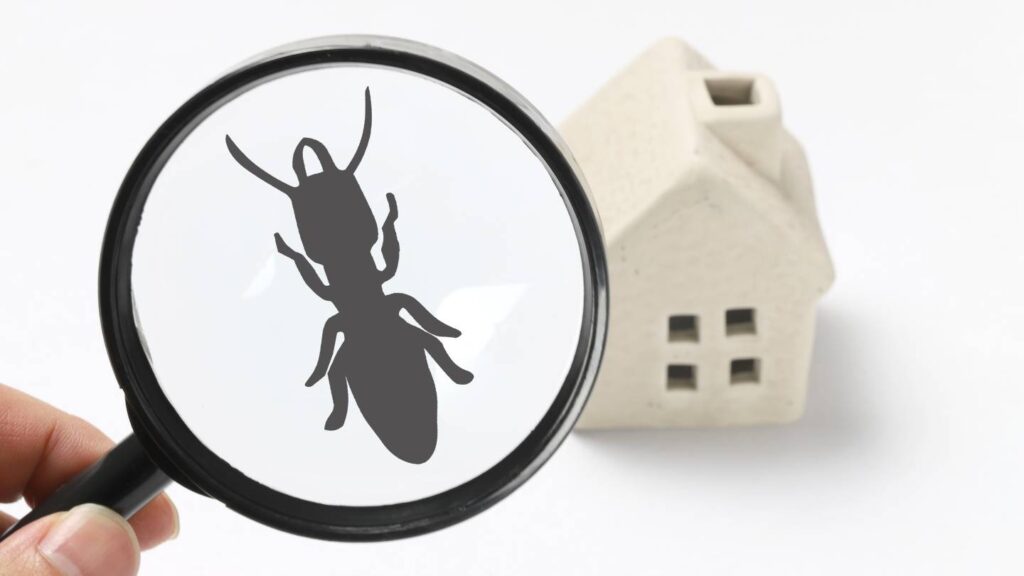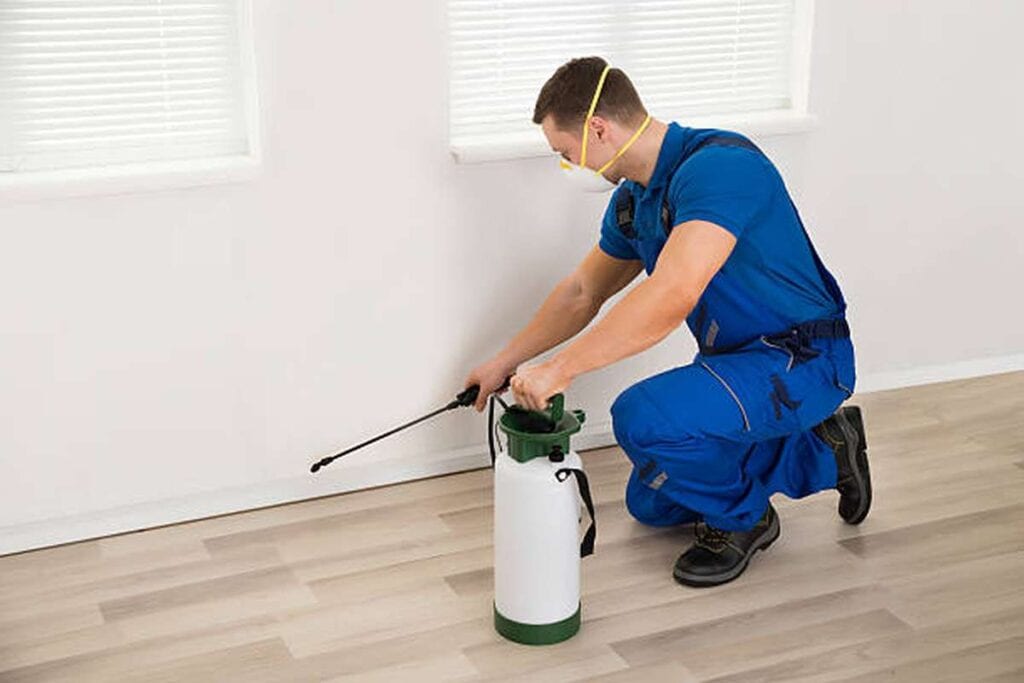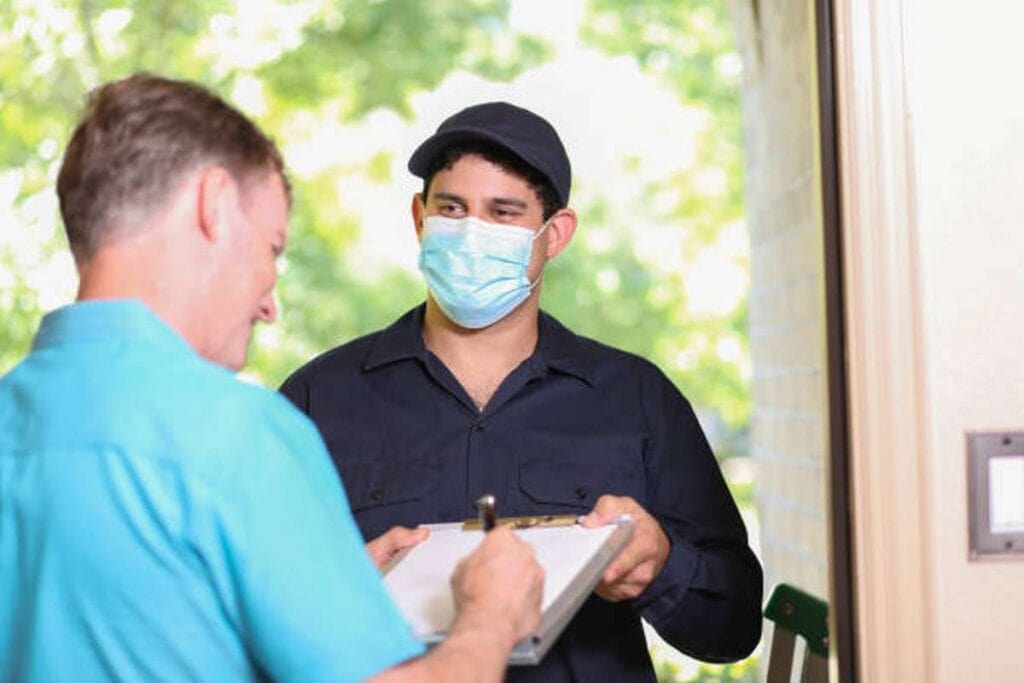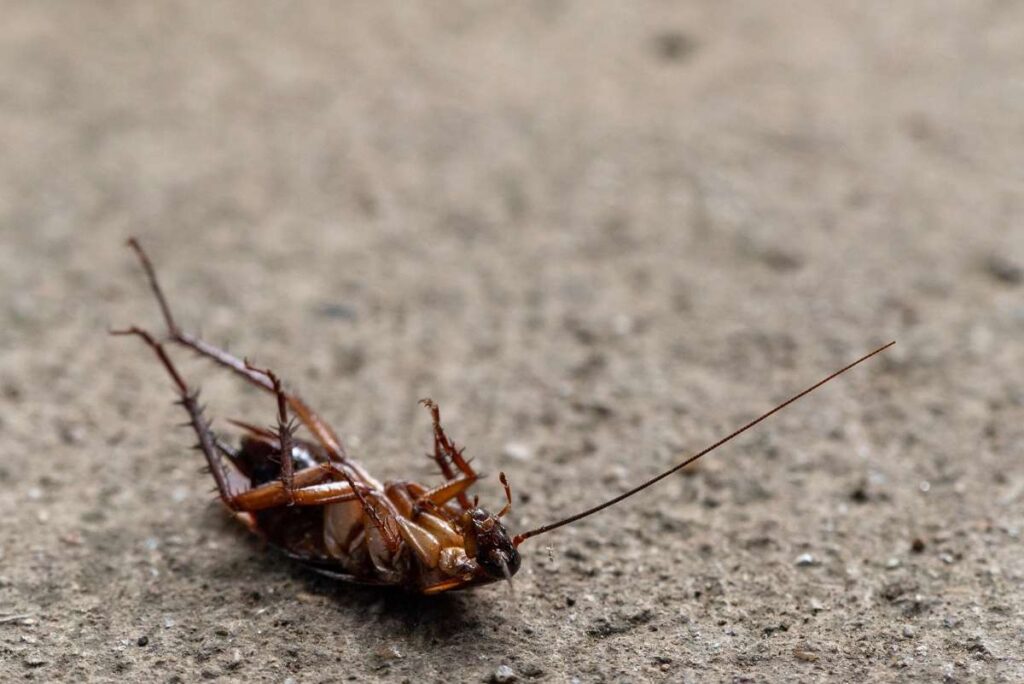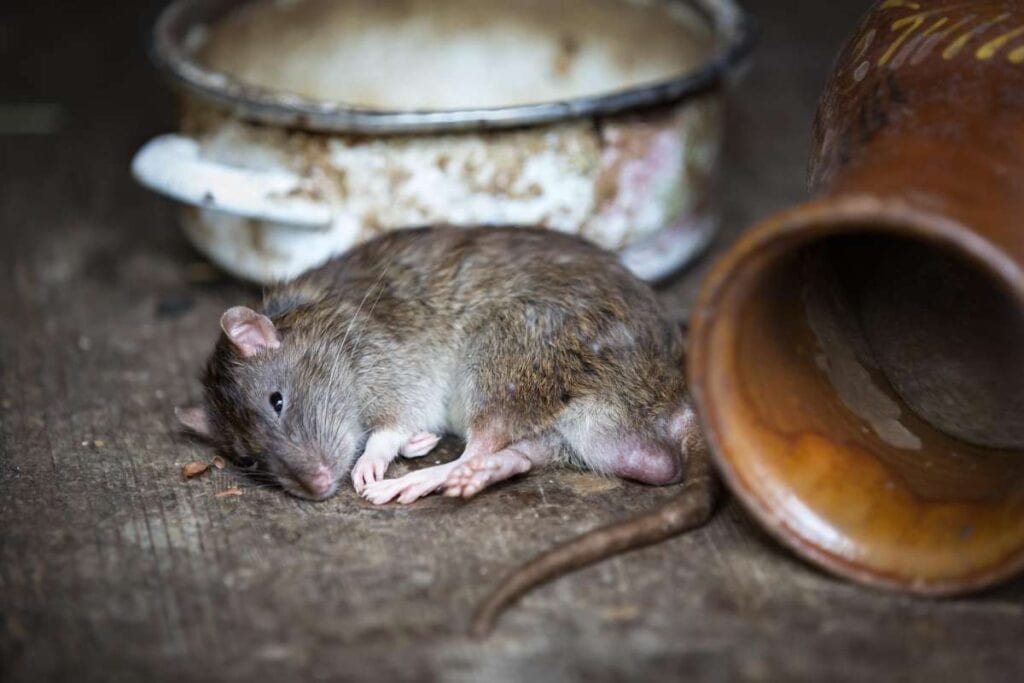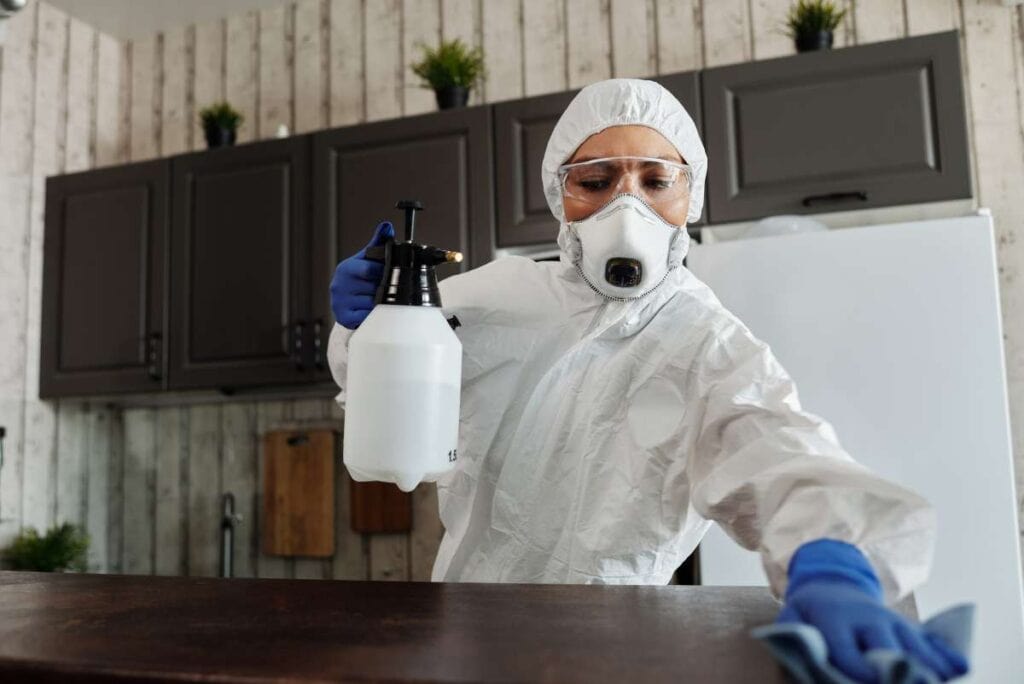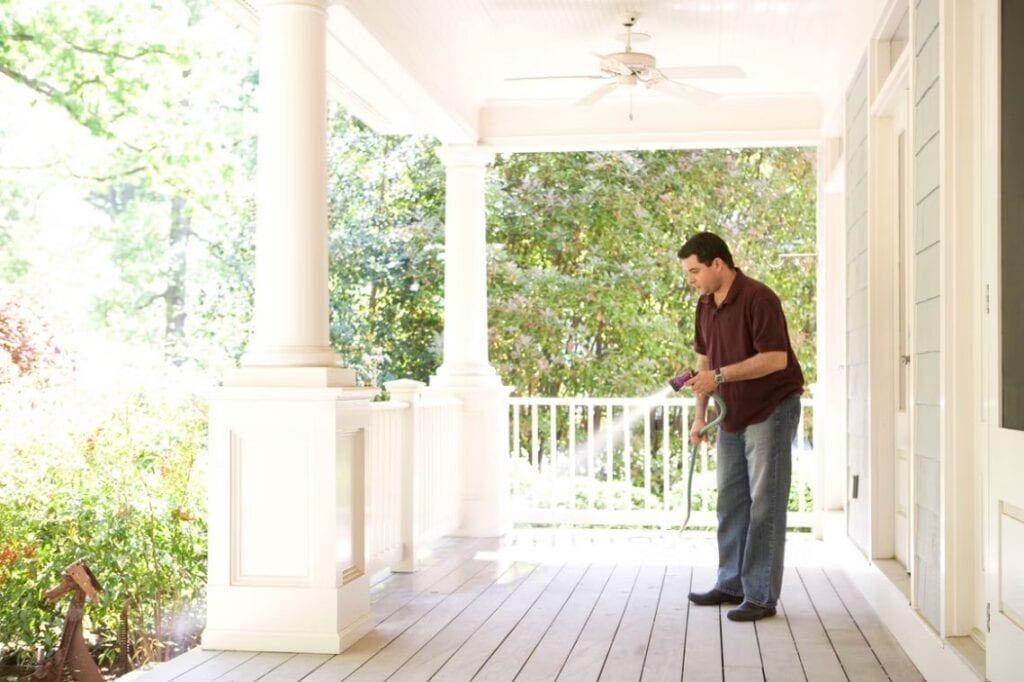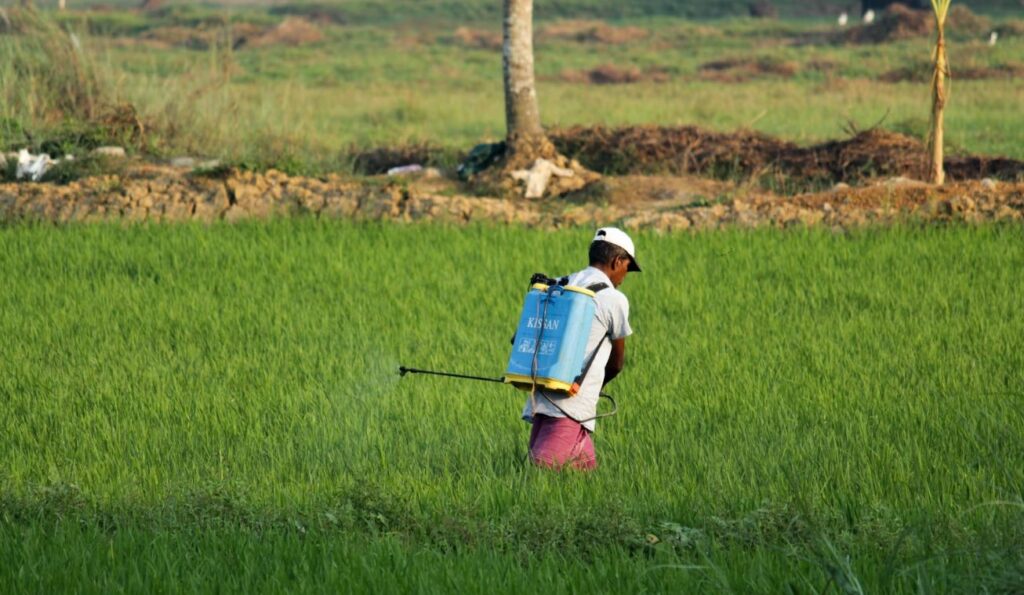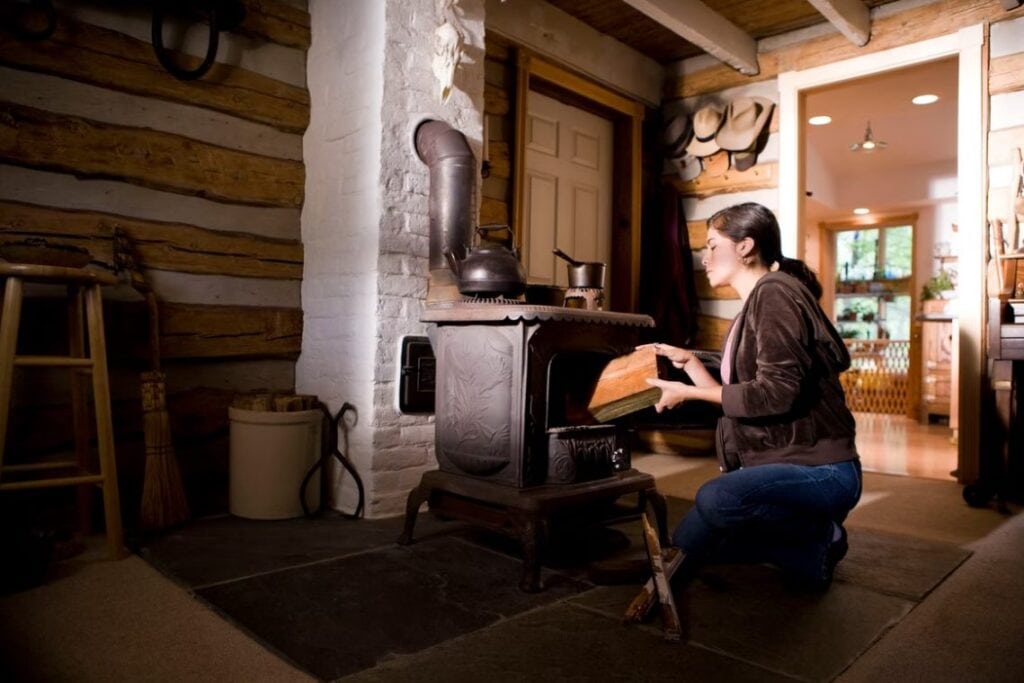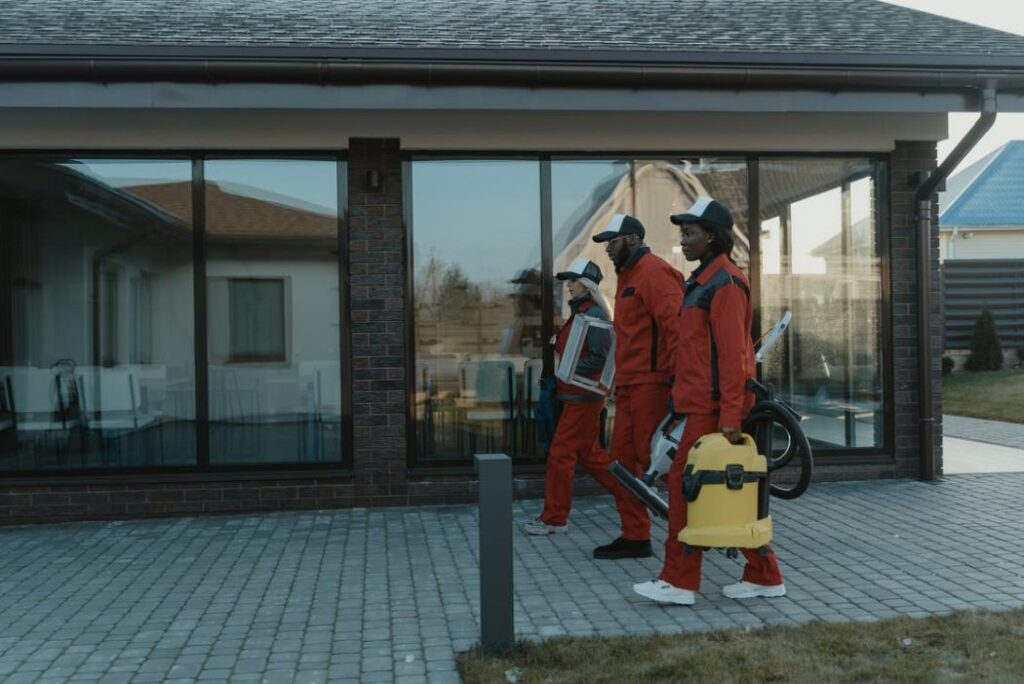Have you ever considered the difference between pest control for homes and pest control for businesses? Both try to eliminate pests, but they work best in different places with different problems.
Residential pest control focuses on houses and removes pests like ants, rodents, and termites that get into our personal space. On the other hand, industrial pest control takes care of businesses, ensuring that places like offices, warehouses, and restaurants are free of pests.
These aren't just different areas; they require different skills, tools, and ways of doing things. Are you ready to go deeper? Let's learn about the interesting commercial vs. domestic pest control world together.
How Do You Deal With Pests In Your Home?
Management and regulation of pests within domestic settings, such as homes and flats, is known as residential pest control. It includes various approaches to keep unwanted pests from harming people, their property, or the environment. Geographical location, dwelling type, and individual pest difficulties determine the extent of residential pest management.
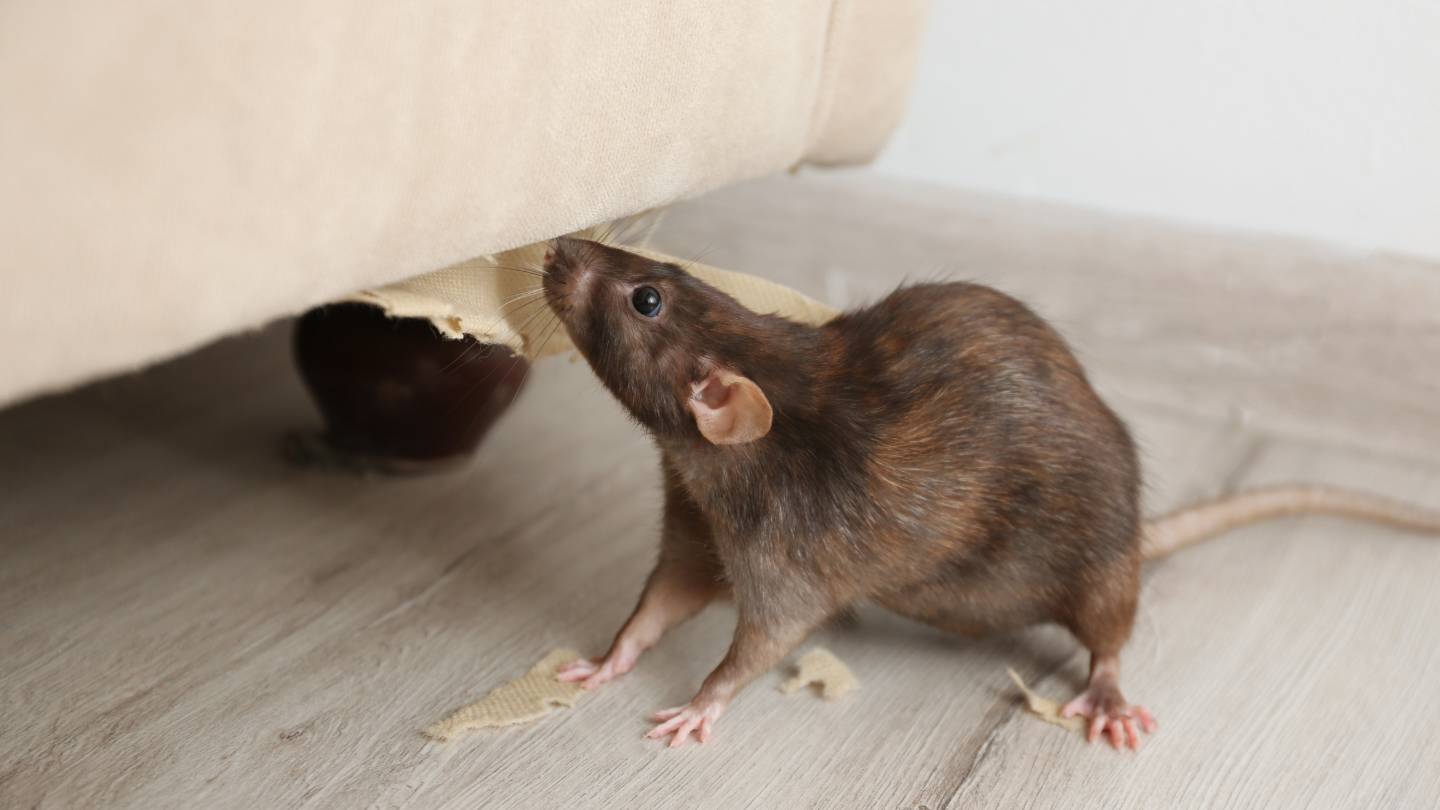
Know Commercial Pest Control
Commercial pest management is the way to go when it comes to managing and preventing pest infestations in commercial settings, such as institutions, businesses, and industrial sites.
The size, complexity, and industry-specific requirements of commercial premises, in contrast to residential ones, can provide distinct obstacles. Compliance with health, safety, and sanitation regulations, as well as maintaining a safe & clean environment, are all impacted by ineffective commercial pest treatment.
How Are Commercial And Residential Pest Controls Different?
Some pest control firms focus on commercial pest control, those that cater to homes, and some do both. Getting rid of pests and keeping them out is the basic idea behind both services. However, commercial pest management and domestic pest control are different.
We'll highlight the key differences between these two pest control companies. Both methods of insect management have their differences. But here are the four main points that experts agree distinguish them:
Commercial Pest Control Moves Faster Than Residential.
Shutting down a company for several days is much more difficult than moving a family around for a few days; because of this, commercial pest control services usually have shorter response times, which means less hassle for you. Although this is more expensive, most companies will save more money because they won't have to close quickly.
Residential Pest Control Is More "Consistent" Than Commercial
The majority of houses are identical. Which implies they share a lot of common pest issues. There are a few tried-and-true methods for eliminating pests from homes.
Accordingly, residential pest control businesses usually need more specialised knowledge of commercial pest management businesses. Depending on the industry, commercial buildings vary greatly more (food service, healthcare, retail, etc.). Therefore, commercial pest control businesses can design unique treatment programs considering these variances.
Commercial Pest Control Companies Are Better At Prevention.
Since business pest control companies work with a wider range of environments, they are also better at providing long-term solutions to pest problems. Pests may be more likely to get into a business building because of where it is located or the people who live nearby.
Professional pest control services consider such external, unpredictable variables. They can provide you with recommendations for long-term prevention measures, including installing traps around the building.
Commercial And Residential Settings Differ Greatly.
Insects and other pests are more likely to congregate in homes than larger commercial buildings. Due to the prevalence of fabric-heavy surroundings, pests like ants, bed bugs, and termites tend to congregate inside residential houses.
Although bed bugs are less common in commercial buildings, rodents and cockroaches are more widespread. Commercial buildings are often located near abandoned properties and other habitats ideal for these pests.
Treatments
Although there is significant variation in the sizes of residential homes, the treatment methods remain consistent across all sizes due to the commonality of insect problems. Because of the great variety in commercial properties' design, size, and location, each firm's specific pest problems will necessitate a tailored approach.
When predicting what kinds of pests a certain industry will likely see, looking at the sector in question is helpful. Termites may be more noticeable at a hardware store, but ants and mice may be more common in restaurants. Therefore, a more tailored pest management strategy that considers each business's specifics is necessary.
Price Of Pest Control Service Factors
Pest control services are necessary to eradicate an infestation effectively and entirely. This is particularly true when dealing with rats. But the shockingly high cost of a pest control service is what most people find shocking. They choose to do it themselves due to the price difference.
On the other hand, professional treatment is more effective than do-it-yourself alternatives. Because do-it-yourself methods could be more effective at getting rid of bugs, many people who try them must hire a professional. The cost of a pest control service is determined by several crucial elements, among which the:
Type Of Pest Infestation:
The type of pest you have in your home determines how much it costs. As you may already know, different kinds of bugs get into houses and businesses. The way to handle and eliminate the infestation depends on the type.
So, the first step is to get a professional to look at your property and correctly identify the pest. The price will depend on the type of pest that has invaded your property. Also, remember that the price will increase if there is more than one pest on your land.
Treatment Requirement Frequency:
The number of times the treatment needs to be done is another factor affecting the price. For example, the number of times might need to be done more often for a severe termite infestation than a less severe ant infestation. In this case, you would have to pay more each time.
To avoid paying more, consider reducing the frequency or skipping a few appointments in between, but we advise against doing so as it could worsen the situation.
Any delays would mean the infestation would return, leaving you starting again from scratch. Consequently, it would help if you avoided skipping any follow-up appointments, as doing so would require you to repeat the entire process and incur additional costs.
Dimensions Of The Home:
Of course! How much your home costs is partly dependent on its square footage. The greater the number of rooms and space in a house, the more places insects can hide. To fully exterminate the pests from your home, the exterminator will need to spend more time exploring your home for their numerous hiding places and nests.
Remember that getting rid of rats or mice will be even harder and cost more because they like hiding in places that are hard to get to and check, like behind walls or vents.
Proficiency And Expertise Of The Provider:
Before choosing a pest control company, it's important to study. You can trust that older pest control companies will do a good job getting rid of the pests on your property because they have been around for a while.
On the other hand, you can be sceptical of a newly established pest control service because you need to know how reliable and effective they are. Just because a pest control company is young doesn't imply it can't do the job; it just means you must be picky about who you use. Bear in mind that the service's price will reflect the respectable company's longevity and reputation for efficiency.
Method Of Treatment:
Another aspect that impacts the service's cost is the approach employed by the provider. Choosing a less expensive treatment could lead to ineffective extermination. Therefore, it's important to do your research. Suppose you choose a costly treatment that eliminates the infestation in fewer scheduled visits. In that case, the professional will need to visit your home more frequently, which could increase the cost.
Challenges In Both Sectors
Every day, businesses in the healthcare and agricultural industries face new obstacles that threaten to derail their progress towards their goals. Some problems that both industries face are as follows:
Resistant And Emerging Pests:
- Agriculture: New crop-destroying pests are appearing due to changing ecosystems and global climates. Additionally, conventional pest management approaches are not effective anymore due to the emergence of resistant strains caused by excessive pesticide use.
- Healthcare: Similarly, drug-resistant bacterial and viral strains, including antibiotic-resistant superbugs, are becoming more common in the healthcare industry. Because of the diminishing efficacy of traditional treatments, this represents a risk to public health.
Sustainability And The Environment:
- Agriculture: Deforestation, soil erosion, and water contamination from runoff are all consequences of intensive farming methods. Sustainable farming practices that lessen the strain on the environment and natural resources are in high demand.
- Healthcare: Healthcare institutions, such as hospitals, generate a lot of trash and use a lot of energy. The healthcare industry must minimise its environmental impact by ensuring sustainable practices such as efficient energy use, waste management, and minimising the carbon footprint.
Cost Implications And Budgeting:
- Agriculture: Seeds, fertiliser, and farming equipment prices can swing wildly. Furthermore, crop failures, which impact income, might be caused by unpredictable weather patterns. If they want to stay in business, farmers must master the art of budgeting and financial planning.
- Healthcare: The healthcare industry needs help with the rising prices of staff, drugs, and medical equipment. Finding the right balance between great care and low costs is always hard, especially when tight budgets and the need for healthcare services are growing.
How To Find A Pest Control Company?
It takes effort & time to choose a reliable pest control service. To help you in your quest, here are some steps:
Establish Your Needs
Before searching for a pest control company, you should identify the nature of the pest infestation. This may include termites, vermin, insects, bed bugs, etc. Diverse pest control companies specialise in particular species of parasites.
Request Advice:
Ask friends, relatives, neighbours, and coworkers who have had pest issues. Their knowledge can be useful. Contact your local community or neighbourhood groups on social media for recommendations.
Research Online Testimonials:
Find local pest control services by doing an online search. Check out platform reviews and ratings. If you want a well-rounded perspective, listen to good and bad comments.
Check Qualifications:
Ensure the business you're considering has the proper licencing and insurance. Please read up on the rules in your area since they may differ from state to state or country to country. Verify if the technicians have certification from the appropriate professional organisations.
Get Several Quotes:
Get quotes from a few different pest control companies. Check out their rates, their services, and any guarantees or warranties. Remember that the cheapest choice is sometimes the best, especially if it means sacrificing quality.
Get Inquired:
Get to the bottom of their treatment procedures and determine if they're kid-and pet-friendly. Find out how long the treatment will last, what you need to do to be ready, and whether there will be follow-up appointments.
Find Out About Insurance:
Make sure the company has liability protection to cover any harm that might happen during the treatment. Also, find out if they offer a promise on their services. For them, this could mean that they are sure of their work.
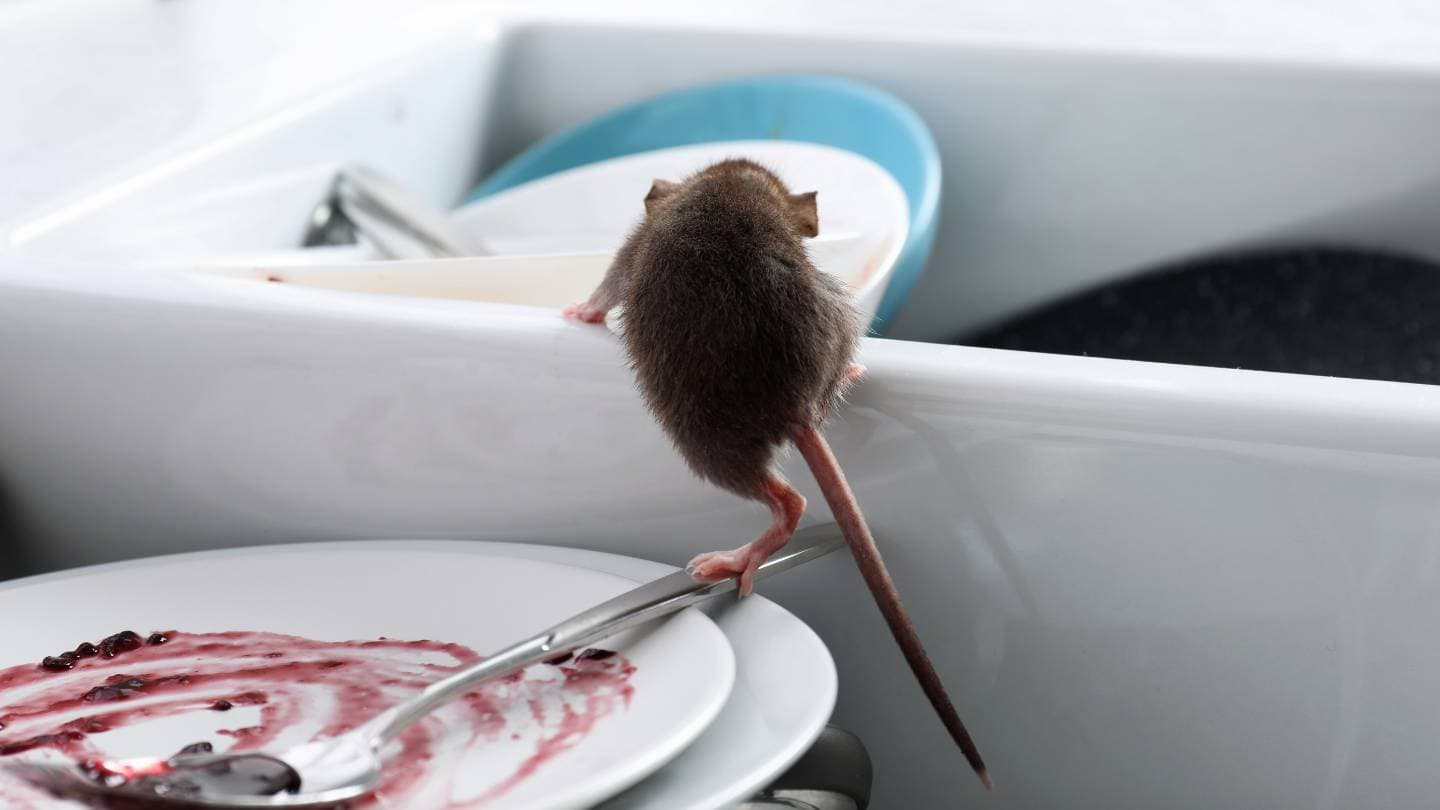
Look At How Professionalism Is:
Listen carefully to what the business has to say. How quickly do they respond to your questions? Is the information they give you precise and easy to understand? Please take note of how well-dressed and competent their technicians seem. They must have the right identification, be well-trained, and dress like the company.
Contract Review:
Read the contract carefully before signing. Clarify all services, rates, and terms. Clarify any ambiguities before signing.
Listen To Your Gut:
You can keep looking if something seems wrong or you have questions about a company. For a pest control job to go well, you must feel at ease and trust your chosen company.
Conclusion
The price of pest control services varies on a number of things, such as the type of pest problem, how often treatments are needed, and how many treatments are needed. Professional treatment works better than do-it-yourself methods, and the cost varies on the type of pest and how often it needs to be treated.
Both residential and business pest control try to get rid of pests in different places, but they need different skills, tools, and methods to do so.
How much pest control costs varies on a number of things, such as the size of your home, the experience of the service provider, and the method used to treat the problem. Pest control companies that are older are more reliable and good at what they do. Newer companies may not be as reliable because they are known for being so good at what they do.
Healthcare and agriculture both have problems, like pests that are resistant to chemicals or new ones, as well as issues with sustainability and budgets. Agriculture has to deal with cutting down trees, land erosion, and polluted water from runoff. Healthcare, on the other hand, has to reduce its carbon footprint, use energy more efficiently, and handle waste properly.
To find a good pest control company, you should know what you need, ask friends, family, neighbours, or social media groups for advice, read online reviews, make sure the company is licenced, get several quotes, ask about treatment methods, insurance coverage, professionalism, contract review, and trust your gut.
To find a pest control company, write down what you need, ask friends, family, neighbours, or community groups for help, read online reviews and ratings, make sure the company is qualified, get several quotes, ask about treatment methods, and make sure they have liability insurance. Think about how efficient the company is, pay attention to how quickly they respond, and read the contract carefully before you sign it.
To sum up, to find a trustworthy pest control company, you should know what you need, ask friends and family for help, read online reviews, check the company's credentials, get several quotes, ask about treatment methods, look at the company's insurance, and trust your gut. You can find a good pest control service that fits your needs and your budget by taking these steps.
Content Summary
- Residential pest control focuses on homes, targeting common pests like ants, rodents, and termites.
- Commercial pest control caters to businesses, ensuring workplaces like offices and restaurants are pest-free.
- Different environments in residential and commercial settings require unique pest control strategies.
- Residential pest control deals with issues in houses and apartments tailored to individual homes.
- Commercial pest control addresses pest problems in larger, more complex commercial spaces.
- Pest control methods vary between commercial and residential due to differing scales and needs.
- Commercial pest control often demands faster response times to minimize business disruption.
- Residential pest control can be more consistent due to the commonality in household pest issues.
- Commercial pest control requires expertise in diverse environments and tailored solutions.
- Long-term prevention is a key focus in commercial pest control.
- Pests in commercial buildings often relate to the building's location or type of business.
- Residential settings attract different pests compared to larger commercial buildings.
- Treatment methods in residential pest control are consistent across different house sizes.
- Commercial properties require customised pest control due to their variety in design and usage.
- The cost of pest control services depends on several factors, including the type of infestation.
- The frequency of treatment required affects the overall cost of pest control services.
- The size of the property plays a role in determining the cost of pest control.
- The expertise and reputation of the pest control provider influence the service cost.
- The method of treatment chosen can impact the overall cost of pest control services.
- Agricultural and healthcare industries face challenges like emerging resistant pests.
- Sustainable practices are increasingly important in both agriculture and healthcare.
- Budgeting and cost implications are significant concerns in agriculture and healthcare.
- Finding a reliable pest control service requires understanding your specific pest problem.
- Seeking recommendations from acquaintances can aid in finding a good pest control company.
- Online reviews provide insights into the reliability of pest control services.
- It's important to verify the qualifications and licensing of pest control companies.
- Comparing quotes from multiple pest control companies can help find the best service.
- Inquiring about treatment procedures ensures suitability for your specific needs.
- Confirming insurance coverage is crucial when choosing a pest control service.
- The professionalism of the pest control company is indicated by their responsiveness and expertise.
- Reading and understanding the contract thoroughly is essential before engagement.
- Trusting your instincts can guide you in choosing the right pest control service.
- Residential pests are more fabric-heavy, attracting ants, bed bugs, and termites.
- Commercial buildings often face issues with rodents and cockroaches.
- Commercial pest control must comply with health, safety, and sanitation regulations.
- The geographic location and dwelling type influence residential pest control strategies.
- The extent of residential pest management varies based on individual pest challenges.
- Commercial pest control services design unique treatment programs for different industries.
- Bed bugs are less common in commercial buildings than in residential settings.
- Residential pest control requires knowledge of common household pest problems.
- Commercial buildings' proximity to abandoned properties can influence pest infestations.
- Tailoring pest control to specific commercial industries is necessary for effective management.
- Preventative measures are integral to commercial pest control strategies.
- The frequency of pest control treatments can differ based on the severity of the infestation.
- Residential pest control often requires less specialisation compared to commercial.
- Commercial pest control must consider external factors and long-term prevention.
- The type of pest infestation significantly influences the cost of pest control services.
- Skipping follow-up pest control appointments can lead to recurring infestations.
- Larger homes may incur higher pest control costs due to more potential hiding spots for pests.
- The longevity and efficiency reputation of a pest control service can affect their pricing.
Frequently Asked Questions
Residential pest control primarily focuses on ensuring the safety and well-being of homeowners and their families. The primary goal is to eliminate pests that may pose health risks or damage property within a home environment. On the other hand, commercial pest control aims to protect businesses, their assets, reputation, and ensure compliance with industry regulations. This can involve larger-scale treatments and preventative measures tailored to specific commercial operations.
Yes, the methods used in residential and commercial pest control can differ based on the scale and type of operation. Residential pest control often involves targeted treatments for specific areas of a home, such as kitchens, bathrooms, or basements. In contrast, commercial pest control may require more extensive treatments, including the use of specialised equipment, treatments for larger areas, and ongoing monitoring to meet industry-specific regulations.
Pricing structures for residential and commercial pest control services can differ significantly. Residential services typically have straightforward pricing based on the size of the property, the type of pest infestation, and the required treatments. Commercial pest control, however, often involves customised pricing based on the size and type of business, the infestation's complexity, and the industry's specific regulatory requirements.
In residential pest control, the main challenges often revolve around ensuring the safety and comfort of homeowners while effectively eliminating pests. There may be concerns about using chemicals or treatments that are safe for pets, children, or individuals with sensitivities. On the other hand, may face challenges related to the scale of the operation, compliance with industry regulations, and the potential impact of pest infestations on business operations and reputation.
Ongoing maintenance and prevention strategies in residential pest control often focus on regular inspections, sealing entry points, and implementing preventative measures tailored to the specific needs of a home environment. This may include recommendations for homeowners on practices to minimise pest attractants and maintain a pest-free environment. In commercial pest control, ongoing maintenance typically involves more comprehensive strategies, such as regular monitoring, scheduled treatments, and compliance checks to ensure adherence to industry regulations and standards.
